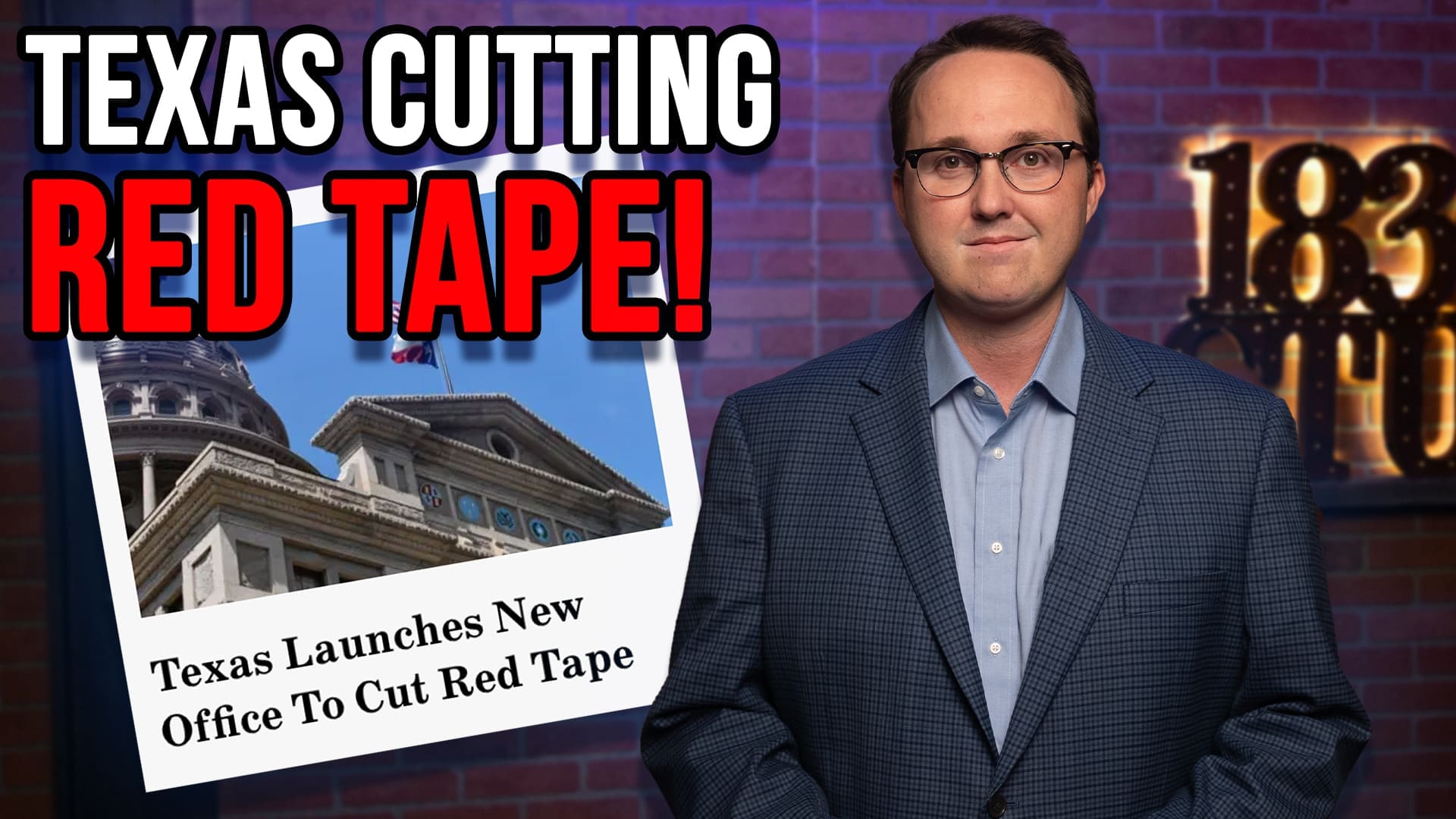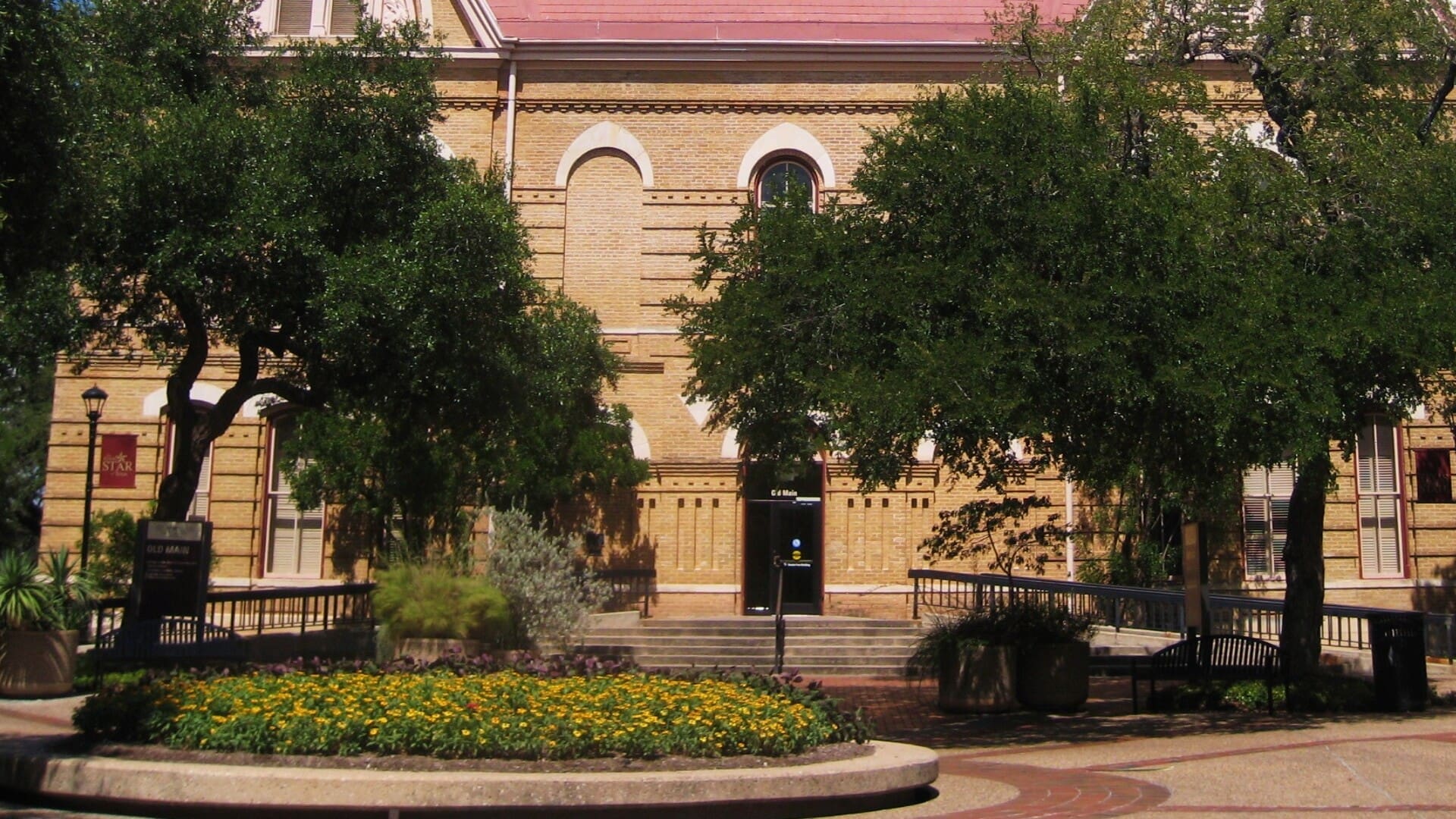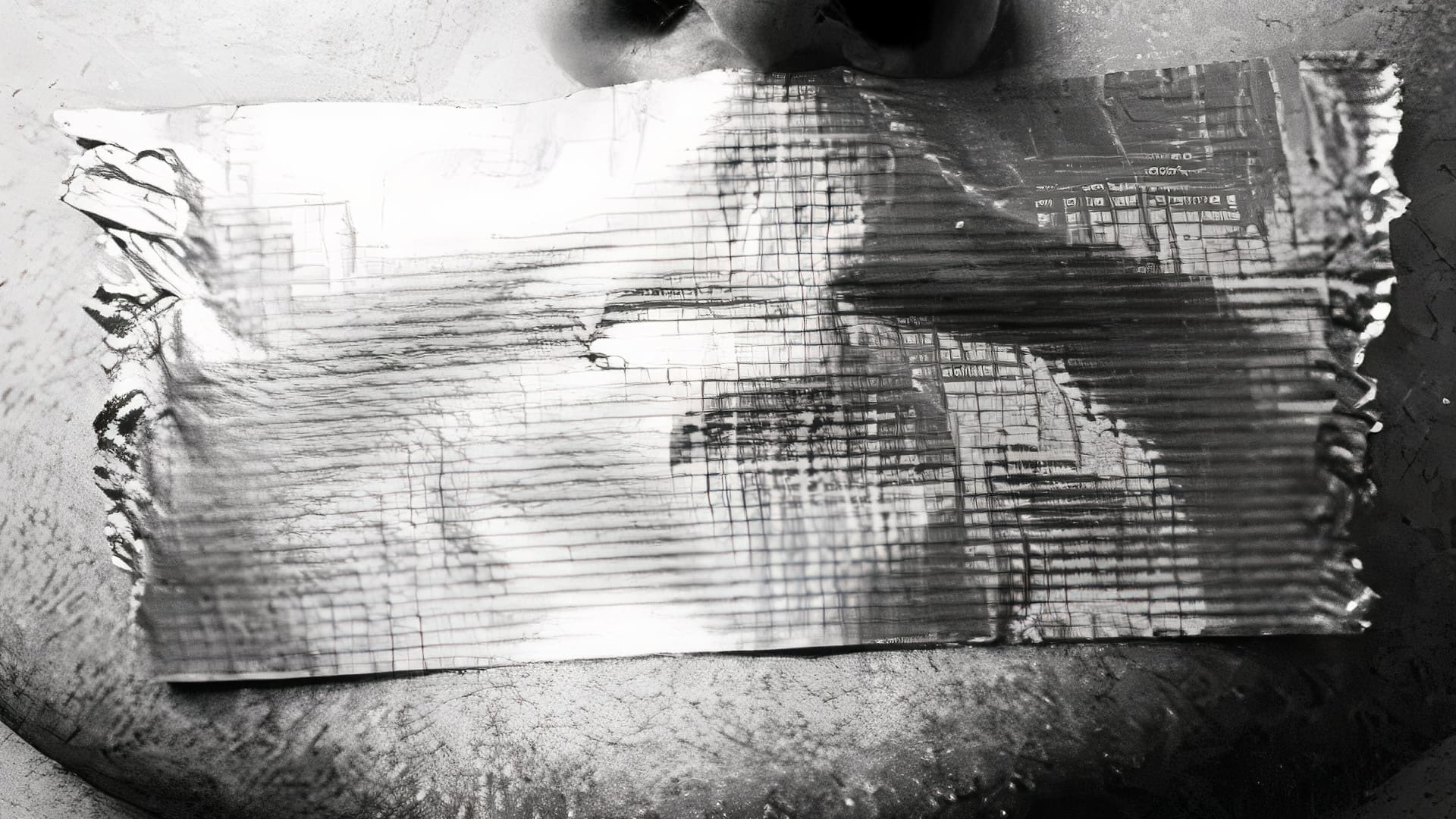Dallas County voted this week to hire a third-party consultant to analyze nonfunctioning software that has cost Dallas taxpayers around $27 million.
As has been previously reported by Texas Scorecard, TechShare.Court is a software developed with the intention of replacing outdated software currently in use by the court systems in Tarrant and Dallas counties. Both counties decided to develop their own software, paid for by taxpayers, in spite of the fact that doing so would cost more than buying functioning software already available on the open market.
For nearly a decade, the software has been in development with nothing to show for it; when combined with the costs associated with TechShare.Jail, another nonfunctioning software being developed with taxpayer dollars, residents in both counties are out around $69 million.
“You’ve got people who say we spent $30 [million on TechShare.Court],” said Dallas County Judge Clay Jenkins. “Last week we were saying $25 [million], perhaps it’s $27 [million] … so whatever it is, even if we take that $27 [million] number, that’s a lot of money.”
Jenkins further went on to say that, in order to have a truly unvarnished understanding of the situation, it was necessary to hire a third-party who “is a subject matter expert and [can] give us some advice.”
Both District 2 Commissioner Dr. Theresa Daniels and District 3 Commissioner John Wiley Price expressed misgivings about the cost of the consultant chosen, Alvarez & Marsal, which is around $425,000.
“This is a small fraction of [what has been spent on TechShare.Court and Jail],” Jenkins replied.
Price himself wanted to seek out bids for other consultants and pulled the agenda item.
District 2 Commissioner J.J. Koch disagreed and moved that hiring the consultant be declared an emergency item. “Time really is of the essence,” he stated.
County staff seemed to agree, with one informing the court that, because they had already set September as a deadline to evaluate Tarrant County’s attempt to operate the software, attempting to solicit other bids would leave very little time to make a decision. “That leaves me three months to get an RFP (Request For Proposal) on the street and make a decision on whether or not to go forward,” said County Administrator Darryl Martin.
“So, [this is] an emergency item,” replied District 4 Commissioner Dr. Elba Garcia.
Jenkins went on to point out that in 2015 when he and Garcia asked for time to evaluate if TechShare.Court and TechShare.Jail were worthy of investing taxpayer dollars, a 3-2 majority overruled them by declaring both to be emergency items, thus binding taxpayers to the project.
“$30 million in seven years, and we have nothing,” Garcia pointed out.
Koch, Jenkins, and Garcia voted to declare hiring the consultant an emergency item and then voted in favor of the hire, with Daniels and Price voting no on both motions.
Then came another motion to tie taxpayers into spending $600,000 more on TechShare.Jail. Koch successfully had it amended to be month-to-month payments of $60,456 so that next month they can discuss the status of the software with the sheriff’s office and evaluate how to proceed.
When discussing the further investment into TechShare.Jail, Price interrogated Craig Morrissey, the Dallas County Project Manager for TechShare, and discovered that half of the staff working on the software are quality assurance personnel—people tasked with testing products to ensure they’re functional. Because TechShare.Jail is still not functioning, Price asked repetitively: “What are you testing?” Morrissey replied that they were testing blocks of the program sent to them every two weeks.
“…[W]e want to verify the software is going to work for our customers,” said Morrissey.
Jenkins, Koch, and Garcia should be praised for the actions they’ve taken to try and extricate taxpayers from this boondoggle, but what taxpayers deserve is a full and complete audit to quantify exactly how much they have lost on both TechShare.Court and TechShare.Jail.





